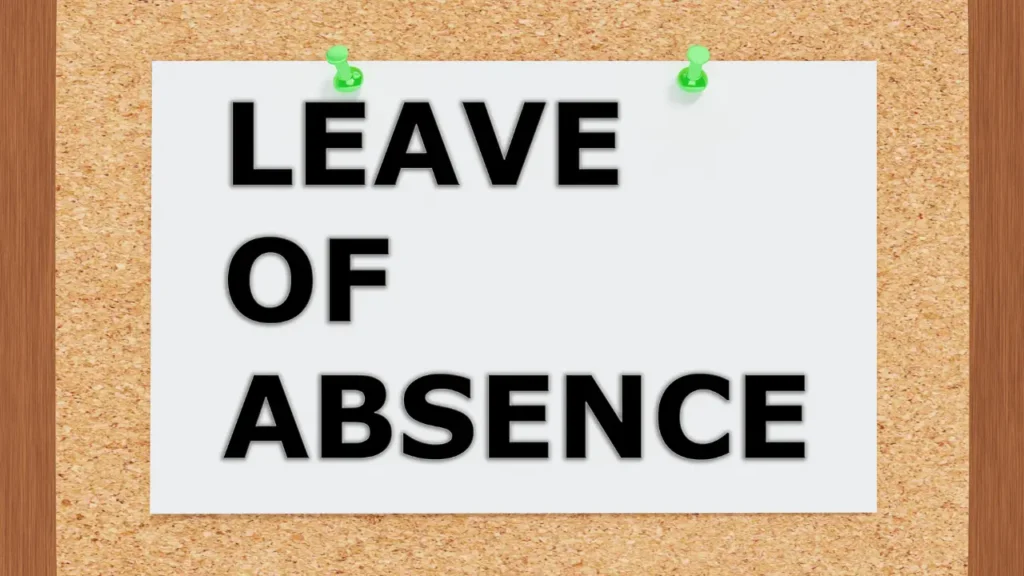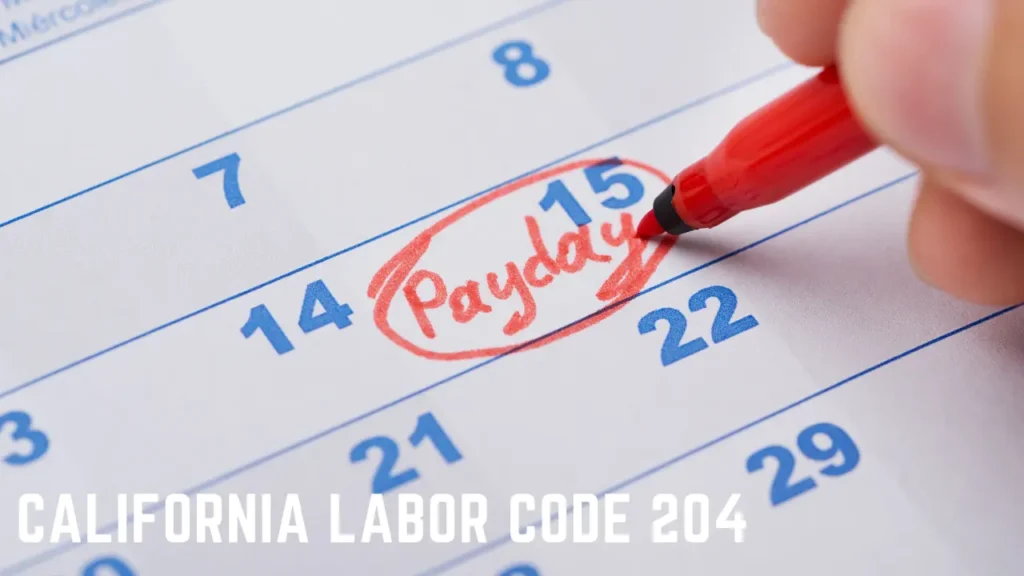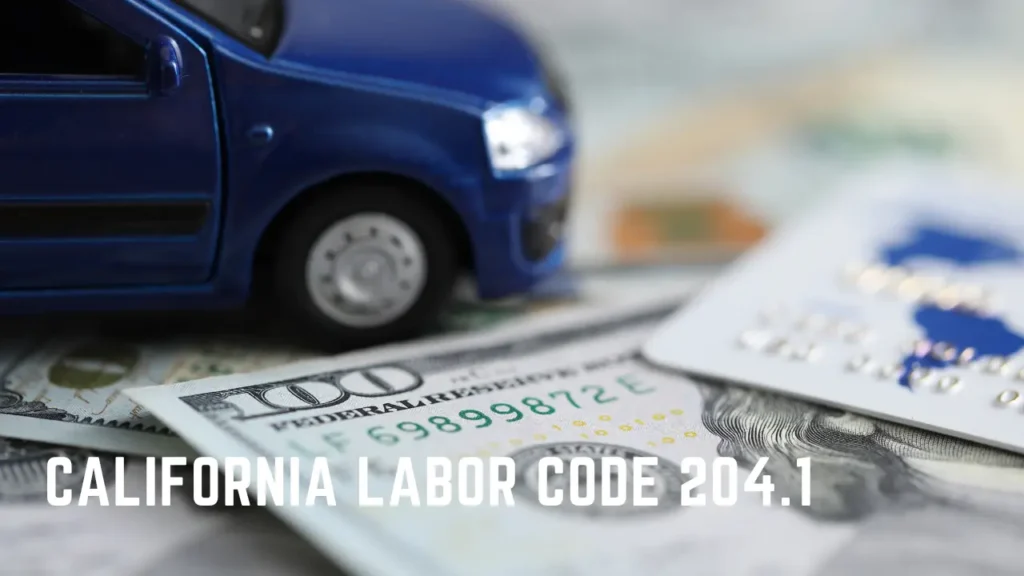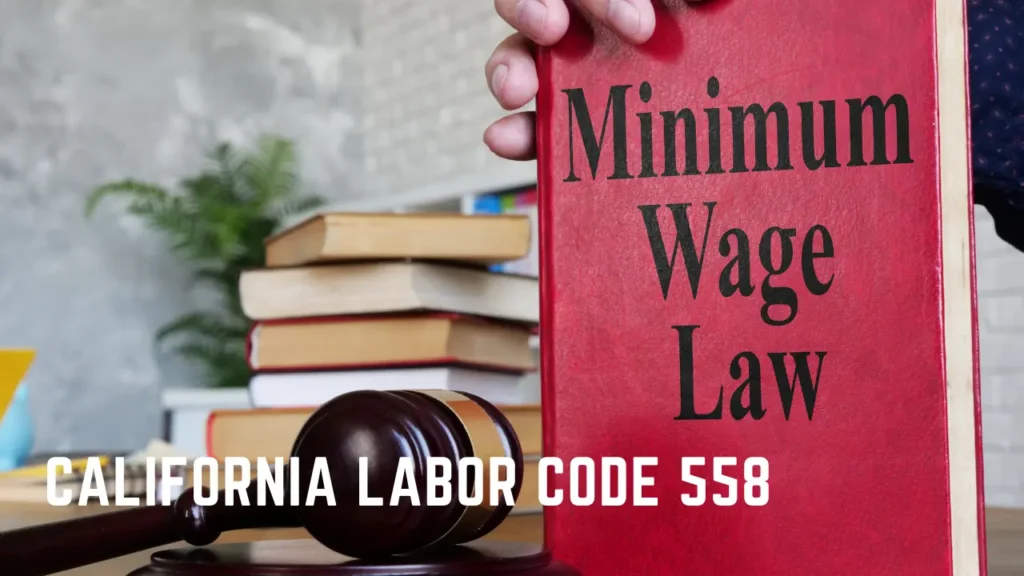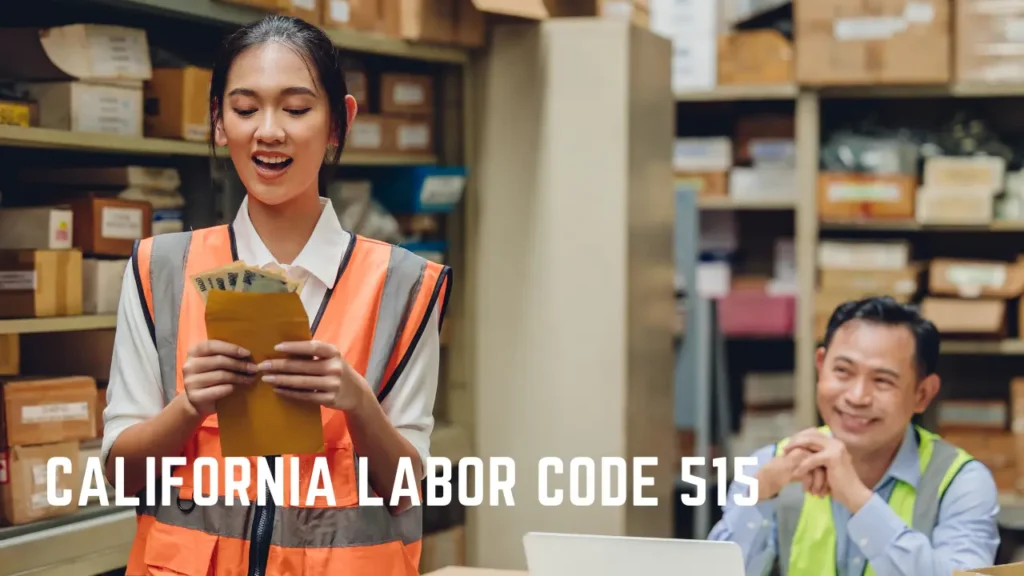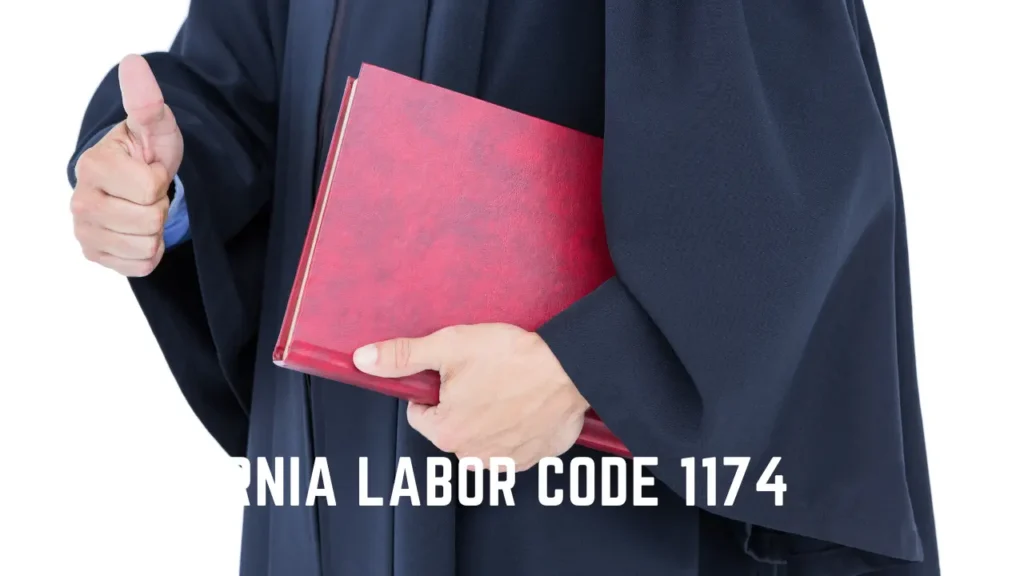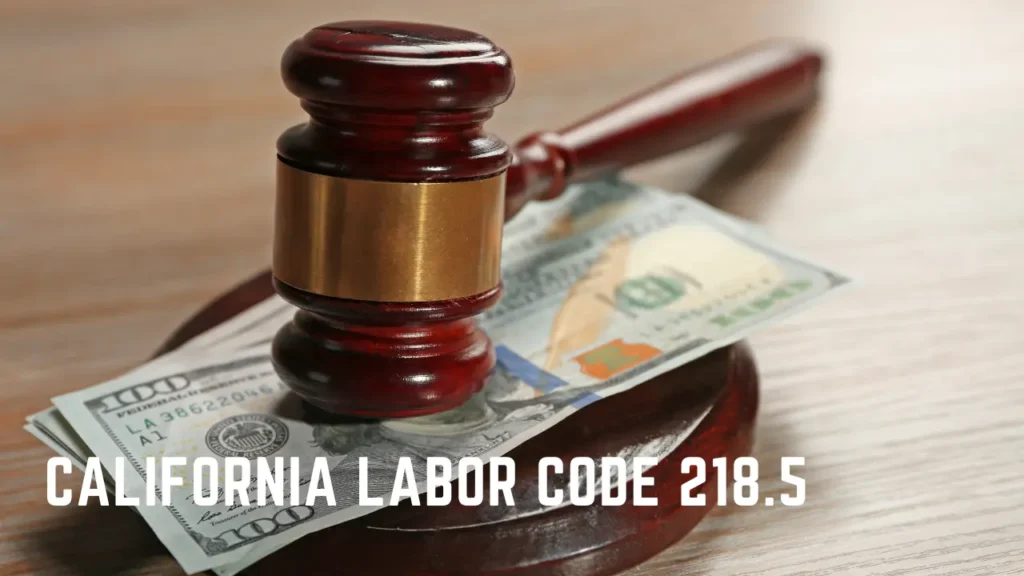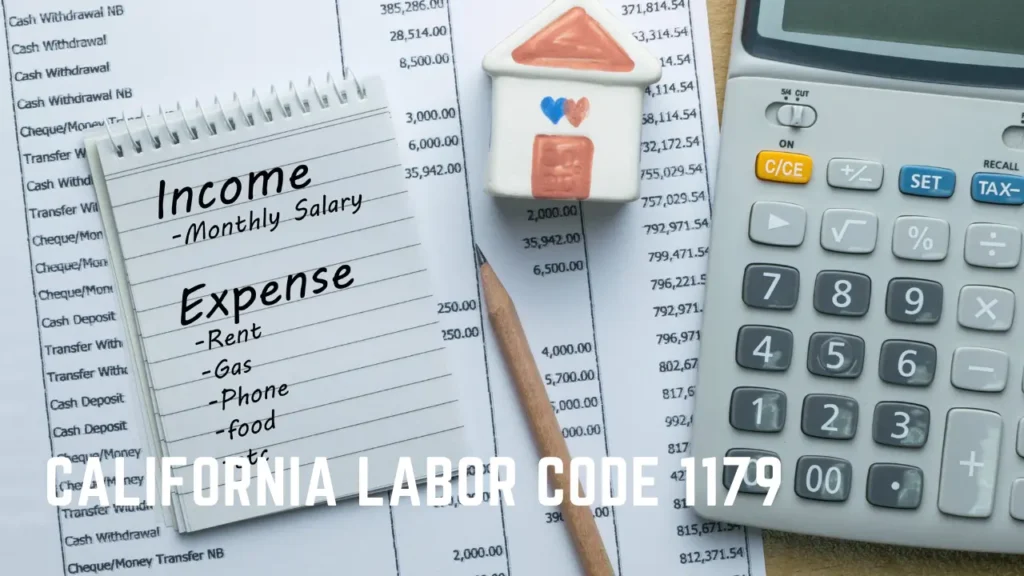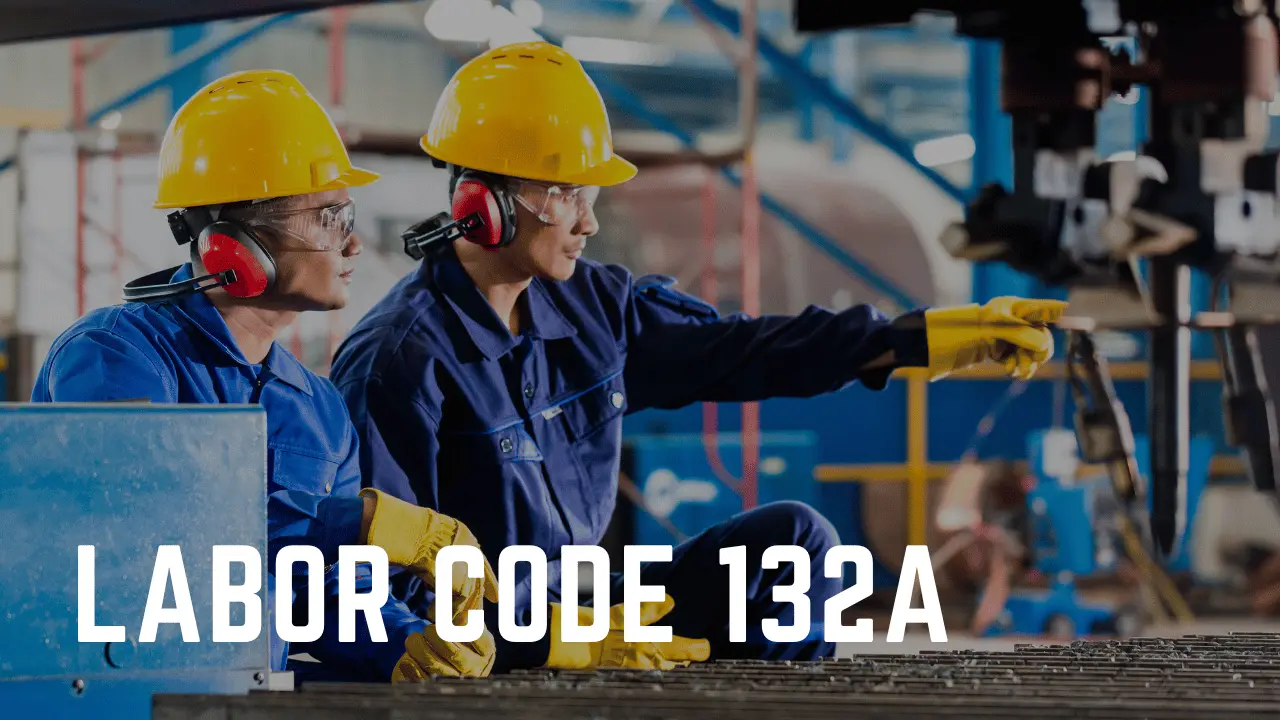Table of Contents
ToggleAs we navigate the nuanced landscape of employment law in California, it is essential to understand the various interpretations and applications of these regulations. This exploration will not only enlighten employers on their legal obligations, but will also educate employees on their rights and what they can expect when summoned for jury duty.
In the forthcoming discussion, we will dissect the complexities of this topic, providing a clearer view of the legal obligations and rights that come into play.
Jury Duty Eligibility in California
In California, all employees, regardless of their job title or industry, are eligible for jury duty and subpoena leave, subject to certain requirements and provisions. This state-mandated eligibility extends to all sectors, ensuring that the jury selection process upholds the principle of randomness and inclusivity. Employees are obliged to provide reasonable advance notice of their court-related leave. Compliance with their employer’s notice policies is crucial to maintaining a harmonious workplace relationship.
Furthermore, employers have the right to request proof of service, such as the original subpoena or notice of jury duty. Non-compliance or failure to provide notice may result in disciplinary action. Thus, adherence to these guidelines is essential for ensuring employee rights, employer obligations, and the efficacy of the judicial system.
Requirements for Court-Related Leave
While adhering to the eligibility criteria and notification rules for jury duty is crucial, understanding the specific requirements for court-related leave in California holds equal importance for both employees and employers.
All employees are eligible for jury duty and subpoena leave, given they provide reasonable advance notice to their employers. Employers, in return, can request proof of service. It’s critical to note that federal and state laws protect employees from adverse employment actions related to court appearances.
While California law does not mandate employers to pay employees during leave for jury duty, there are exceptions for exempt employees and those under certain union contracts. Non-compliance with these requirements may result in legal consequences for employers.
Penalties for Non-Compliance
Failure to comply with the laws and regulations regarding jury duty and subpoena leave can result in severe penalties for employers in California. These penalties can range from fines to damages for lost earnings and benefits, or even imprisonment.
- Fines: Employers who violate these laws can face fines as stipulated by the California Labor Code Section 230.
- Damages: Employees may recover damages for lost wages and work benefits caused by non-compliance.
- Imprisonment: In extreme cases, employers may face imprisonment for willful violations of the law.
Employers should be aware of these potential consequences and stay compliant with state laws. Consulting a labor law attorney can provide guidance on employers’ responsibilities towards employees summoned for jury duty.
Prohibition of Adverse Employment Actions
Navigating the landscape of employment regulations, employers must be mindful that any adverse action taken against employees for participating in jury duty or responding to a subpoena is strictly prohibited under both federal and state laws. Adverse actions include termination, demotion, or any form of intimidation. Discrimination or coercion related to court appearances is also illegal. It’s crucial for employers to understand these regulations to avoid potential legal consequences.
California law specifically protects all employees against such actions. Employers who fail to adhere to these provisions face serious implications, including potential litigation. Therefore, a thorough understanding of these laws is necessary to maintain a fair, legally compliant workplace environment.
Legal Consequences for Employers
In the event of non-compliance with jury duty and subpoena leave laws, California employers may encounter substantial legal consequences. These include:
- Financial penalties: Non-compliant employers may be subject to hefty fines imposed by the court.
- Legal proceedings: They could face lawsuits from affected employees, leading to potential damages and legal fees.
- Damage to reputation: Such violations could severely tarnish an employer’s reputation, impacting their ability to attract and retain talent.
It is crucial for employers to fully understand and adhere to these laws to avoid legal repercussions. Non-compliance not only affects their financial stability but could also lead to a loss of trust among employees, posing a threat to the overall health of the organization.
Payment Policies During Jury Duty
While the legal consequences of non-compliance with jury duty laws can be severe for employers, it’s equally crucial to understand the specific payment policies in place during such leave periods.
In California, there is no statutory requirement for employers to pay workers during jury duty leave. Employees may opt to use their accrued time off or personal time as compensation. For non-exempt employees, there is no entitlement for pay during these missed hours, barring any specific stipulations in union contracts.
On the other hand, exempt employees, such as those in administrative or executive roles, usually continue receiving their regular salaries during their leave, unless the leave period extends and affects the fulfillment of their work duties.
Compensation Options for Employees
Given the lack of a statutory mandate for employers in California to provide remuneration during jury duty leave, it is essential to explore various compensation options available to employees.
- Employees can utilize their accrued vacation, sick, or personal time to compensate for the lost wages during jury duty.
- Some companies may have policies in place that offer paid leave for civic responsibilities such as jury duty.
- Union employees may have specific compensation rights stipulated in their contracts.
It’s essential for employees to understand their rights and the compensation policies of their respective companies. In case of any ambiguity, consulting with an employment law attorney can provide much-needed clarity.
Non-Exempt Employees and Jury Duty
Turning our attention to non-exempt employees, it’s crucial to understand how California law impacts their wage compensation during jury duty leave. Non-exempt employees are generally paid by the hour and are not salaried.
Unlike salaried, exempt employees, they do not have the right to receive their regular wages during their jury service under California law. However, employers can choose to offer paid leave for jury duty as a benefit. It’s notable that certain labor unions may have provisions in their contracts regarding pay during jury duty. As a result, non-exempt union employees may receive compensation for their service.
Consequently, non-exempt employees may experience a financial impact from jury duty that their exempt counterparts do not, unless specific contractual or employer provisions exist.
Union Employees and Compensation Rights
In the realm of unionized employment, specific contractual provisions can often dictate the compensation rights of employees during jury duty or subpoena leave. Union contracts frequently have clauses that address wage replacement during such civic duties, superseding the general California state law that doesn’t require employers to compensate for time away.
Union contracts may obligate employers to pay full or partial wages for jury duty service. Employees should carefully review their union agreements for specific provisions on jury duty compensation. Unions often negotiate these terms during collective bargaining to protect employees’ rights.
Therefore, while non-union workers may not receive compensation during jury service, union employees might have different rights, depending on their specific contract. It’s crucial to understand your union contract to ensure your rights are protected.
Exempt Employees and Court Leave
While union employees have specific provisions regarding compensation during jury duty, the scenario differs significantly for exempt employees who are typically salaried and aren’t paid on an hourly basis. These exempt employees, often holding administrative, professional, or executive roles, usually continue to receive their regular salary during the period of their court leave.
However, employers have the right to withhold pay for any week in which the exempt employee performs no work. Yet, if an exempt employee works any part of the week, they must be paid their full salary, even if they spend part of the week on jury duty. It is always advisable for both employers and employees to consult with a labor law attorney for specific guidance.
Pay Policies for Extended Leave
For employees embarking on extended leave due to jury duty or subpoena obligations, understanding the nuances of compensation policies becomes critically important. California law doesn’t mandate employers to pay employees during such leave. However, pay policies may vary depending on the employment contract and the nature of the job.
- Non-exempt employees, typically hourly workers, aren’t entitled to pay for missed hours due to extended leave for jury duty.
- Exempt employees, usually salaried professionals, often continue receiving their regular salary during leave.
- Unionized employees may have specific provisions in their contracts regarding compensation during jury duty.
Understanding these key differences can help employees navigate their rights and responsibilities during extended leave for court-related obligations.
Legal Assistance Availability
Should you require legal guidance regarding California’s jury duty and subpoena leave laws, Jonny Law offers comprehensive services tailored to your unique situation. Comprising a team of skilled California employment attorneys, they provide confidential case discussions and help you navigate through complex legal landscapes.
The services also extend to understanding and interpreting related laws, such as voting and bereavement leave laws in California. With local offices spread across various cities in California, accessibility is assured. The firm’s legal references include California Labor Code § 230 and the Family and Medical Leave Act (FMLA).
Thus, for legal assistance concerning jury duty leave and related remuneration issues, the Jonny Law stands ready to advocate for your employment rights.
Relevant California Labor Laws
Building on the understanding of employment rights and legal assistance, it is crucial to examine the specific California Labor Laws that directly govern employee leave for jury duty and other court-related obligations.
Key provisions include:
- The California Labor Code Section 230: This section prohibits employers from discharging or otherwise discriminating against employees for taking time off to serve on a jury, granted they have given reasonable notice of the need for such time off.
- The Fair Labor Standards Act (FLSA): This federal law does not require employers to pay non-exempt employees for hours they do not work, including those spent on jury duty.
- The Family and Medical Leave Act (FMLA): This act, although not directly related to jury duty, may provide certain protections for employees who need to take leave for court obligations.
Conclusion
In conclusion, California’s legal framework surrounding jury duty leave is complex, with distinct provisions for exempt and non-exempt employees. Employers must adhere to these laws to avoid adverse legal consequences.
It is crucial for both parties to understand their rights and obligations under the California Labor Code and the Family Medical Leave Act. Legal assistance, such as that offered by the Jonny Law, can provide invaluable guidance in navigating this intricate area of employment law.




